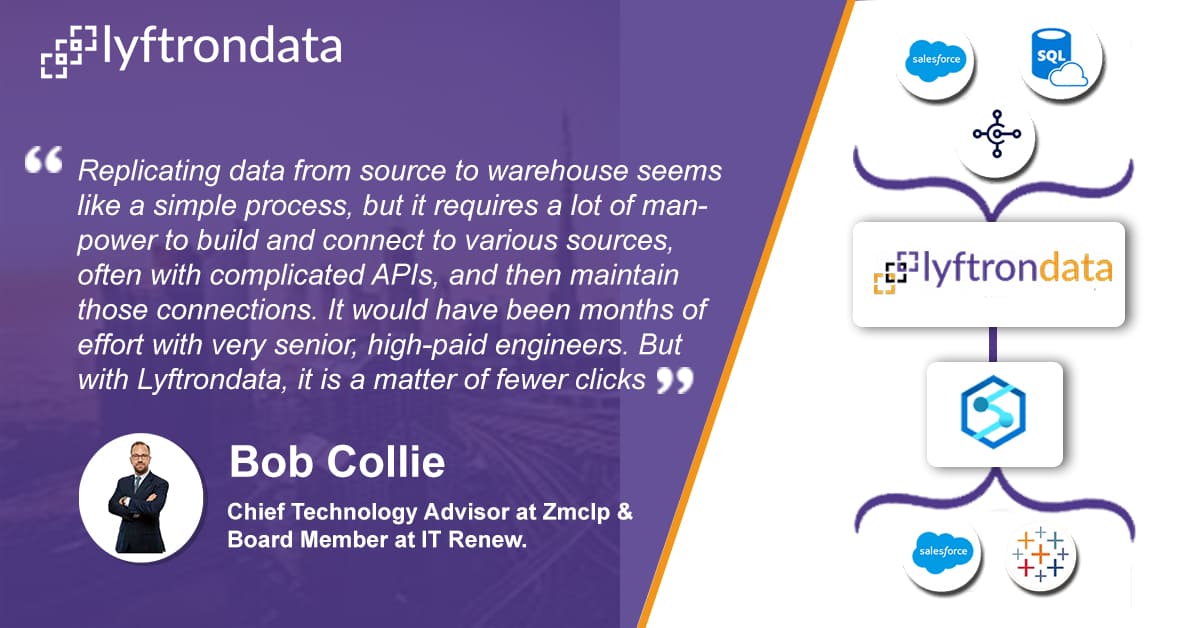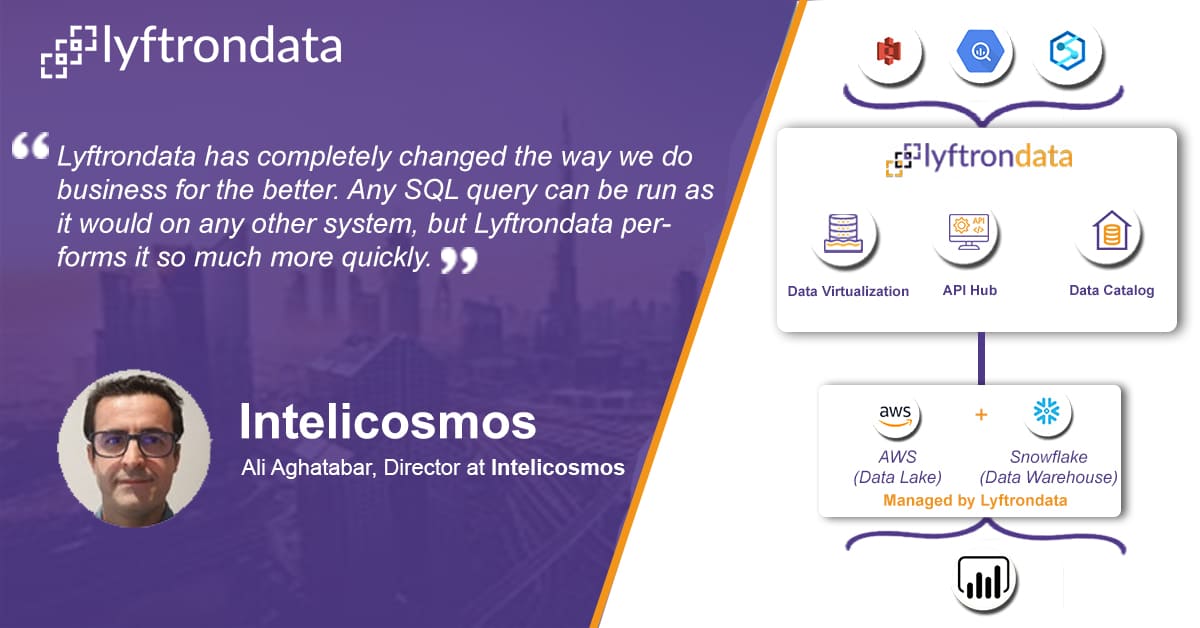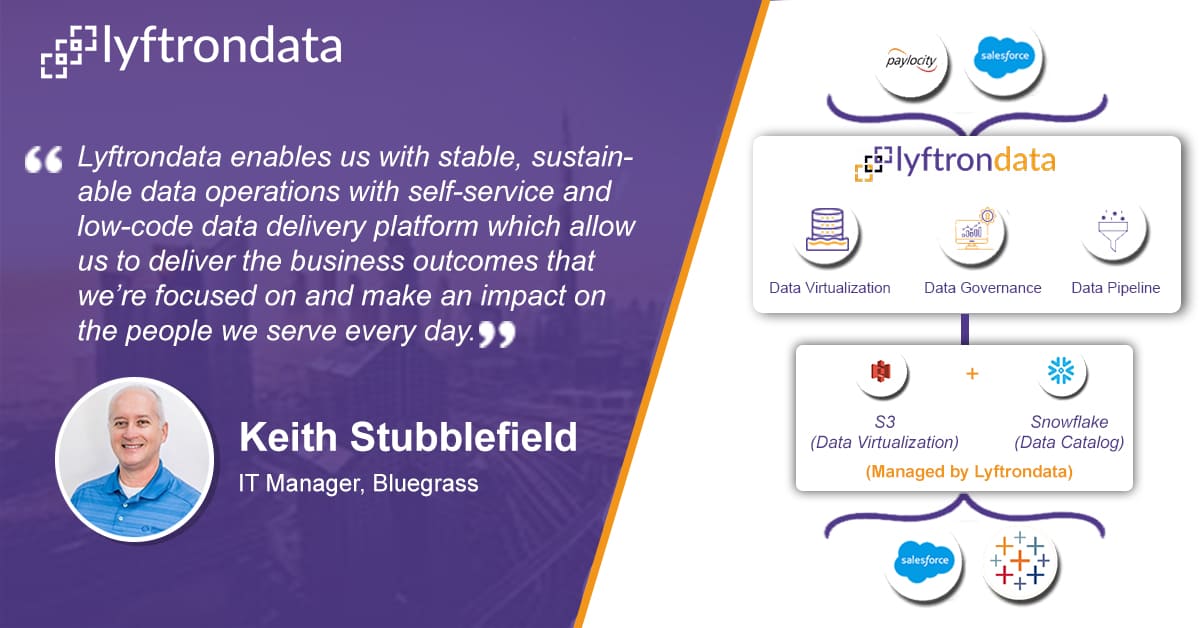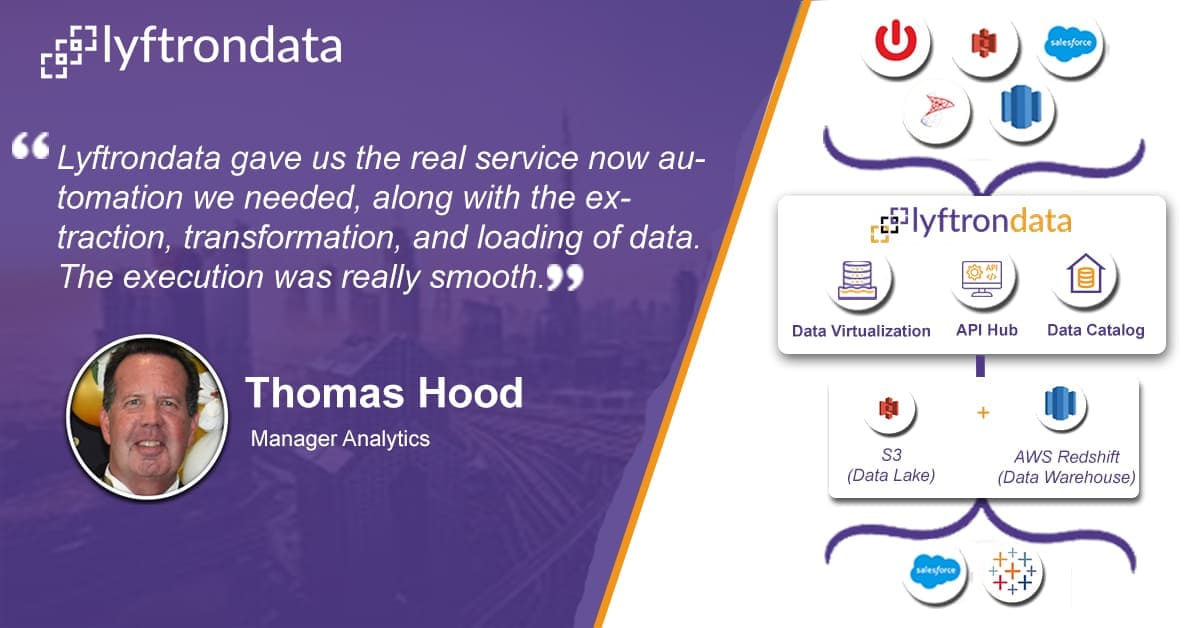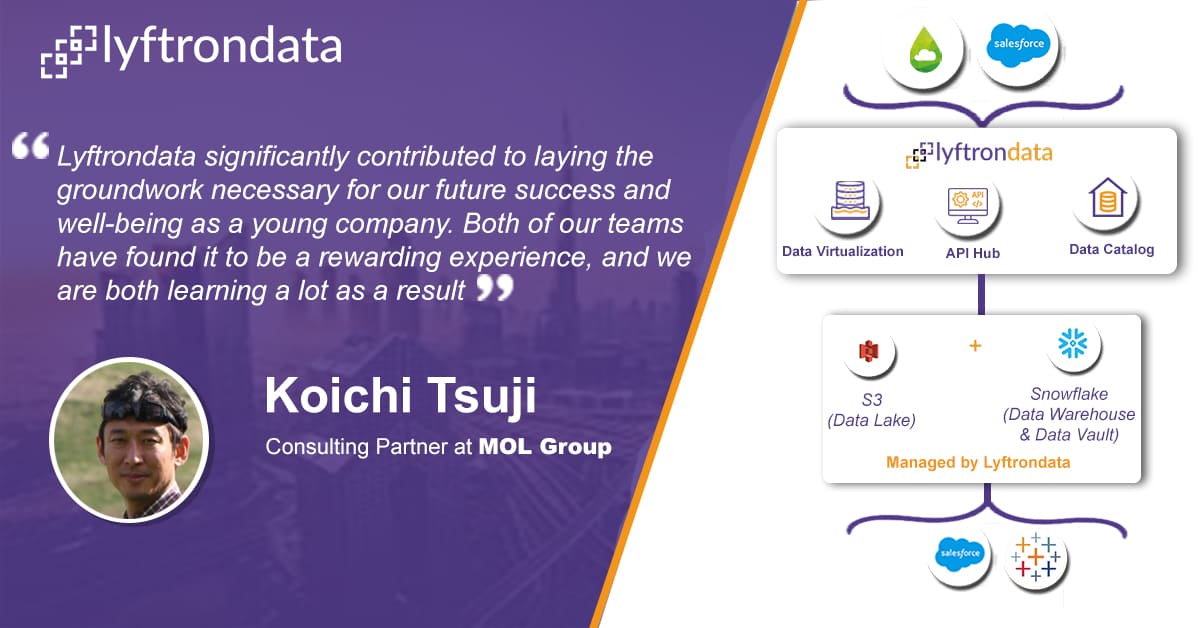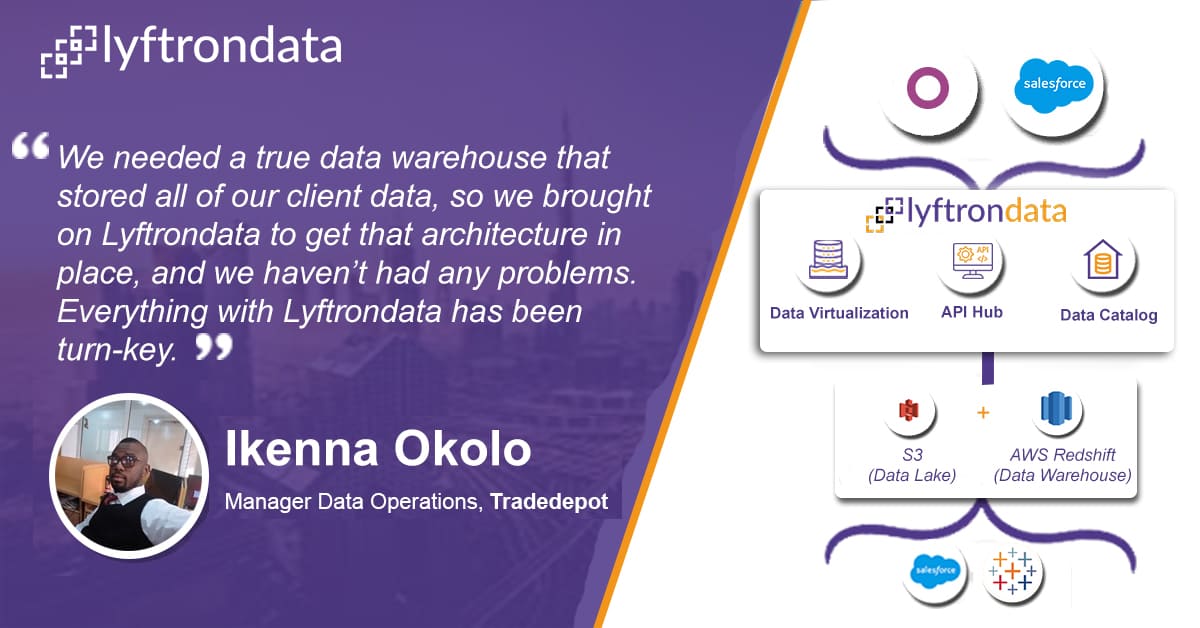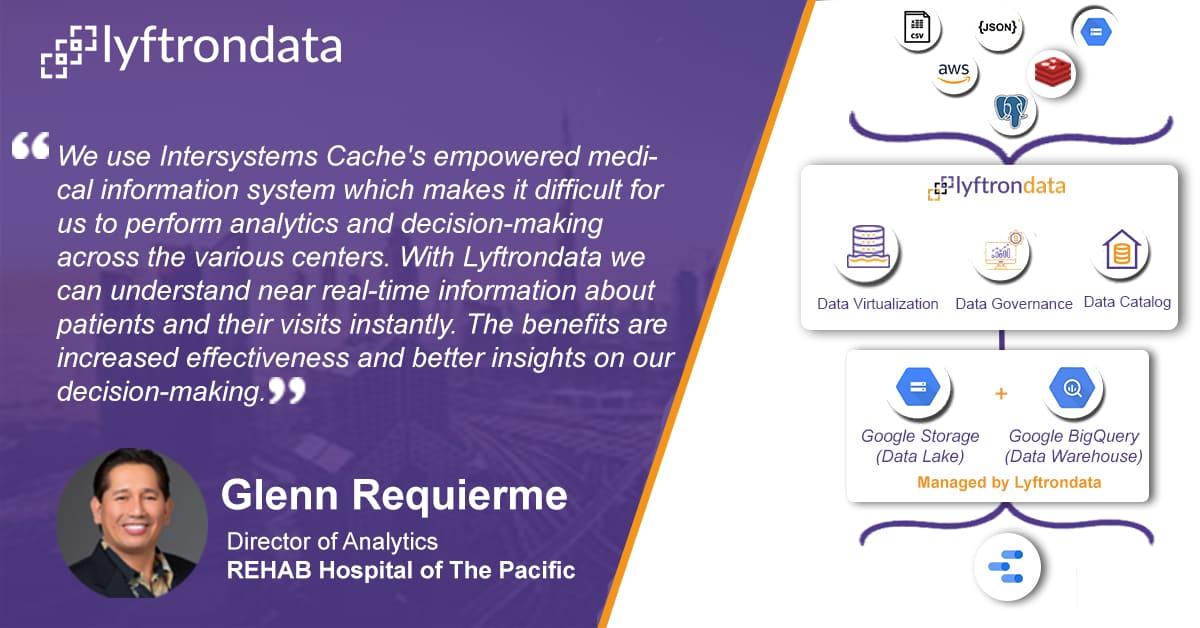200X Acceleration at
1/10th of the cost
Zero
maintenance
No credit card
required
Zero coding
infrastructure
Multi-level
security
Simplify JSON integration in
4 simple steps
Create connections
between JSON and targets.
Prepare pipeline
between JSON and targets by selecting tables in bulk.
Create a workflow
and schedule it to kickstart the migration.
Share your data
with third-party platforms over API Hub

Why choose Lyftrondata for JSON Integration?
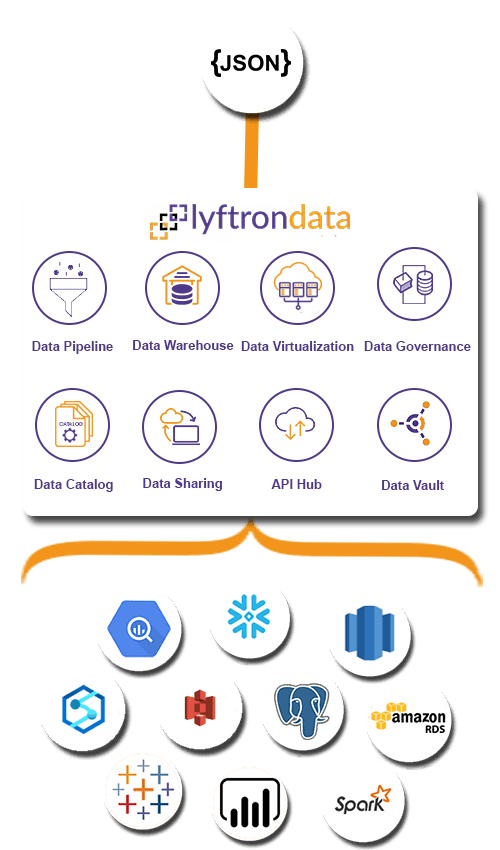

Simplicity
Build your JSON pipeline and experience unparalleled data performance with zero training.

Robust Security
Load your JSON data to targets with end-to-end encryption and security.

Accelerated ROI
Rely on the cost-effective environment to ensure your drive maximum ROI.

Customer's Metrics
Track the engagement of your customers across different channels like email, website, chat, and more.

Improved Productivity
Measure the performance of your team and highlight areas of improvement.

360-degree Customer View
Join different data touch points and deliver personalized customer experience.
Hassle-free JSON integration to the platforms of your choice
Migrate your JSON data to the leading cloud data warehouses, BI tools, databases or Machine Learning platforms without writing any code.
Hear how Lyftrondata helped accelerate the data journey of our customers
FAQs
What is JSON?
JSON Integration uses text that can be read by humans to store and send data objects made up of arrays and attribute-value pairs. It is a free and open-source file format and data exchange format. It is a common data format with lots of uses for electronic data exchange, like web applications with servers.
What are the features of JSON?
Self-Describing: JSON Integration offers Self-Describing assistance.
Internationalization: Users can utilize internationalization services with the JSON Connectors tool.
Extensibility: Extensibility is another feature of JSON Drivers.
Interoperability: JSON ETL offers interoperability services.
What are the shortcomings of JSON?
No ability to add comments: JSON Integration offers no ability to add comments or attribute tags to JSON, which limits your ability to annotate your data structures or add useful metadata.
Standardized schema limits: The JSON ETL has standardized schemas limits your ability to programmatically verify that your data is correct.
Web browser limitations: JSON Drivers was developed by a web developer who was frustrated by web browser limitations.
Not robust: JSON Connectors tool isn't as robust a data structure as XML is.
Make smarter decisions and grow your sales with Lyftrondata JSON integration





